Silence – A Film by Martin Scorsese
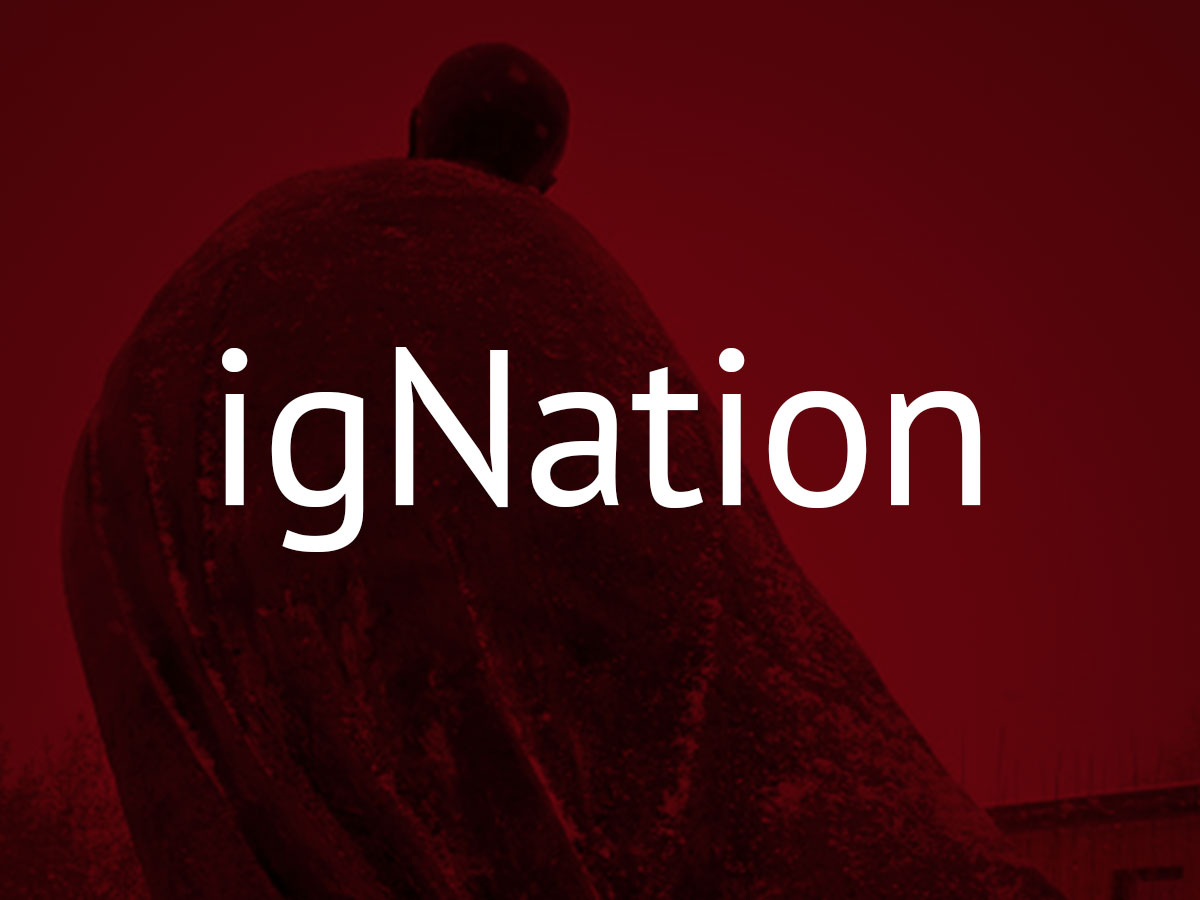
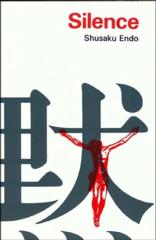
I spent a deeply stirring evening at the movies yesterday. The new Martin Scorsese film “Silence” was shown in a private screening for the Jesuits of Rome, with Scorsese himself present to discuss the film afterwards. This unusual procedure for a yet unreleased film was due to the subject matter of the film.
“Silence” is based on a novel of the same name by the renowned Japanese author, the late Shusaku Endo, and deals with the 17th Century persecution of Christians during the Tokugawa shogunate. The central characters are a pair of Portuguese Jesuits who secretly enter Japan to investigate the rumored apostasy of their former spiritual director, Cristóvão Ferreira. The film focuses on one, a Fr. Sebastian Rodrigues, as he struggles with faith and tries to cope with the extreme suffering experienced by the Japanese martyrs.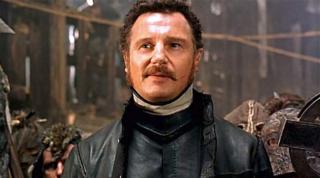
Like his companion, Fr. Rodrigues is captured and eventually brought to meet Ferreira, who had in fact apostatized. (Ferreira is an historical figure, although Rodrigues is a fictional “composite” of several Jesuits). As Rodrigues continues to struggle with questions of faith and the apparent silence of God amidst the excruciating suffering of the innocent, the viewer is led to wonder whether Rodrigues also will deny his faith by treading on the image of Christ.
In counterpoint to the adamantly convinced Rodrigues, there is the Japanese apostate Kichijiro, a lapsed and often drunk Christian who repeatedly betrays the priests and his own faith, and each time repents and seeks forgiveness, only to deny his faith again and again in the face of arrest and torture. Humiliated repeatedly and ostracized by the faithful Christians, Kichijiro asks the question that links the story to the contemporary viewer: “Why wasn’t I a Christian in the time before persecution? I would have been a great Christian then.”
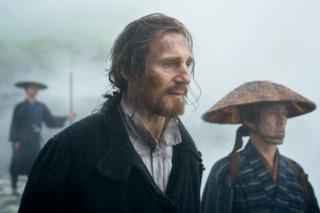 As a Jesuit, I was initially drawn into the predicament of the central characters, wondering whether I would be able to hold up against violent pressures to deny my faith. I felt shamed by the courage of unlettered Japanese farmers who, without complaining, faced unspeakable tortures and death without complaining. I found myself asking how I would respond to the accusations of the Japanese translator and inquisitor, who blamed the missionaries for the suffering that the Japanese Christians were undergoing. Was it the Jesuits’ conceited and stubborn refusal to perform what to their critics was nothing more than a simple formality that was causing the death of the innocent?
As a Jesuit, I was initially drawn into the predicament of the central characters, wondering whether I would be able to hold up against violent pressures to deny my faith. I felt shamed by the courage of unlettered Japanese farmers who, without complaining, faced unspeakable tortures and death without complaining. I found myself asking how I would respond to the accusations of the Japanese translator and inquisitor, who blamed the missionaries for the suffering that the Japanese Christians were undergoing. Was it the Jesuits’ conceited and stubborn refusal to perform what to their critics was nothing more than a simple formality that was causing the death of the innocent?
The film raises serious issues for any believing person then or now. Is compassion for the suffering of others a more fundamental element of faith than the assertion of truth? Is unwavering commitment to one’s understanding of absolute truth itself a form of arrogance and spiritual pride? Can the humiliation of the weak outlast the arrogance of the privileged?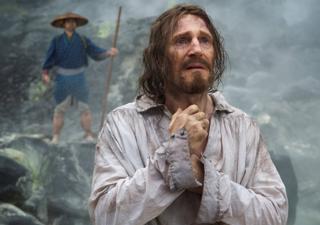
Inevitably, the film also raises historical questions. The first Jesuits arrived in Japan in the 1540s, without the support of the Christian powers. The missionaries were permitted to preach their faith openly, and the Christian community grew rapidly. However, as time went on, the Japanese authorities saw how in the Philippines, the Spanish, after having converted the population, then colonized the country. They felt that in permitting the Chistianization of the country they were opening the door to colonial domination. They felt that in the missionaries they were confronting men with an unshakeable sense of superiority and an unnegotiable assumption of the truth. It was to preserve the “Japanness” of their homeland that the tolerance for Christianity turned to persecution.
These themes are alluded to in the film, although never raised directly. However, after a discussion with Rodrigues, the Japanese interpreter announces to the others, “He’s arrogant; he’ll fall.” Is this a broader judgment on the failure, not just of an individual missionary, but a critique of the failure of many historical evangelization efforts? 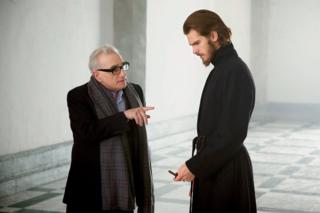
I highly recommend “Silence,” a film that may well go down as Scorsese’s masterpiece, which is saying a lot given the number of great films he has made in his career. The lush photography of the Taiwan countryside, where the film was made, contrasts with the starkly brutal scenes of torture and death. The acting was powerful, led by Andrew Garfield as Rodrigues and Liam Neeson as Ferreira, with outstanding performances by some of the great names of the Japanese cinema. But most of all, what will remain with the viewer for a long time to come are the questions the film poses about faith and the meaning of God’s silence in the face of suffering.
++++++++++++++++++++++
Watch the official trailer for Silence here.
++++++++++++++++++++++++++++++
he New York Times in-depth article on Martin Scorsese and Silence may be found here.
++++++++++++++++++++++++++++++++++




No Comments